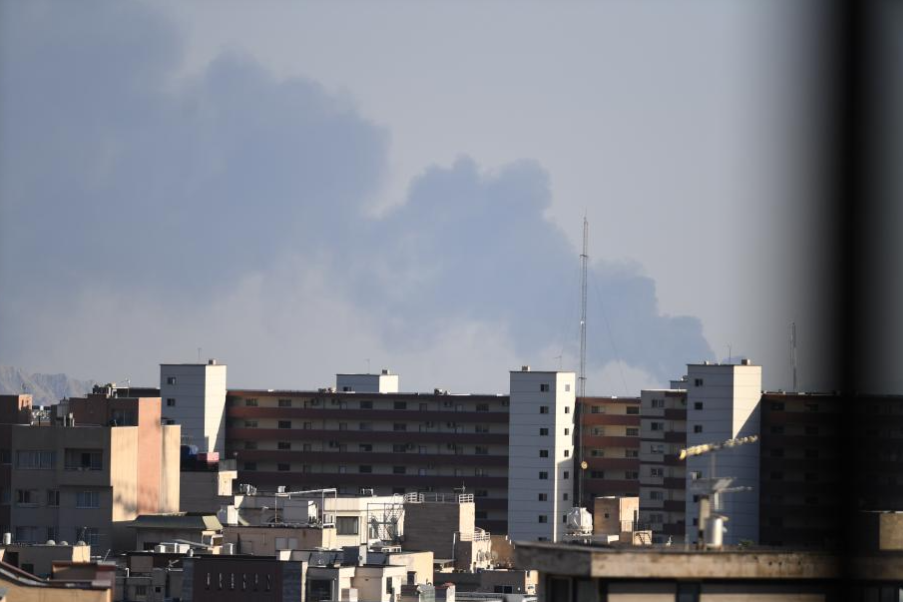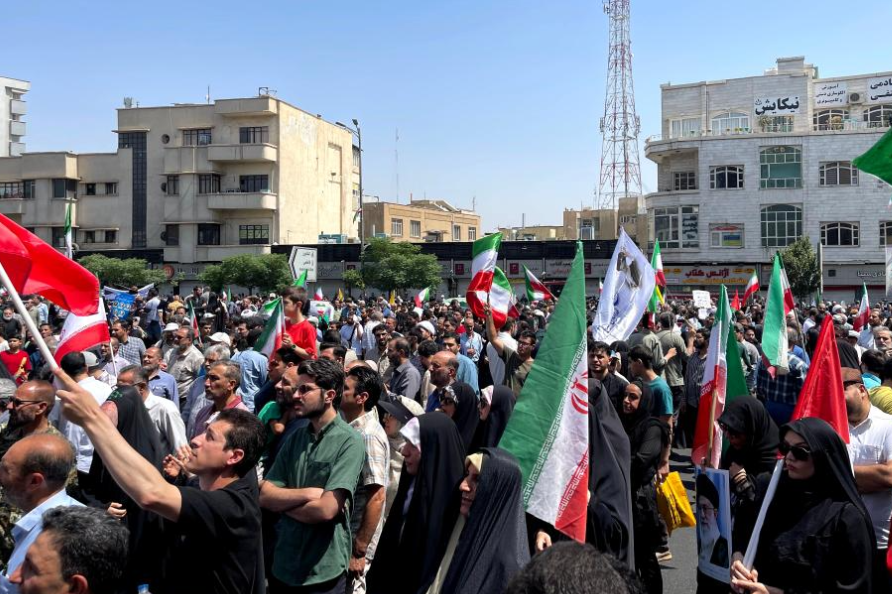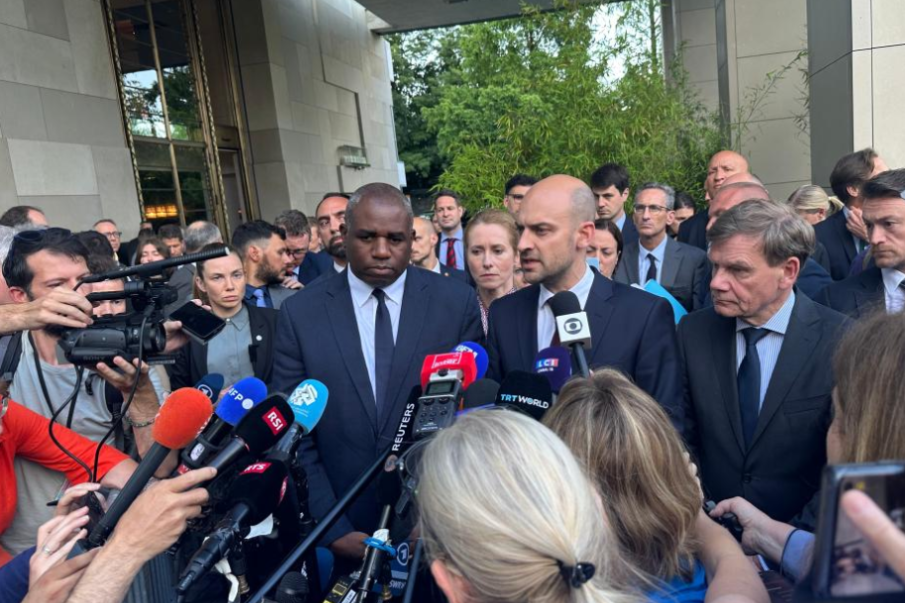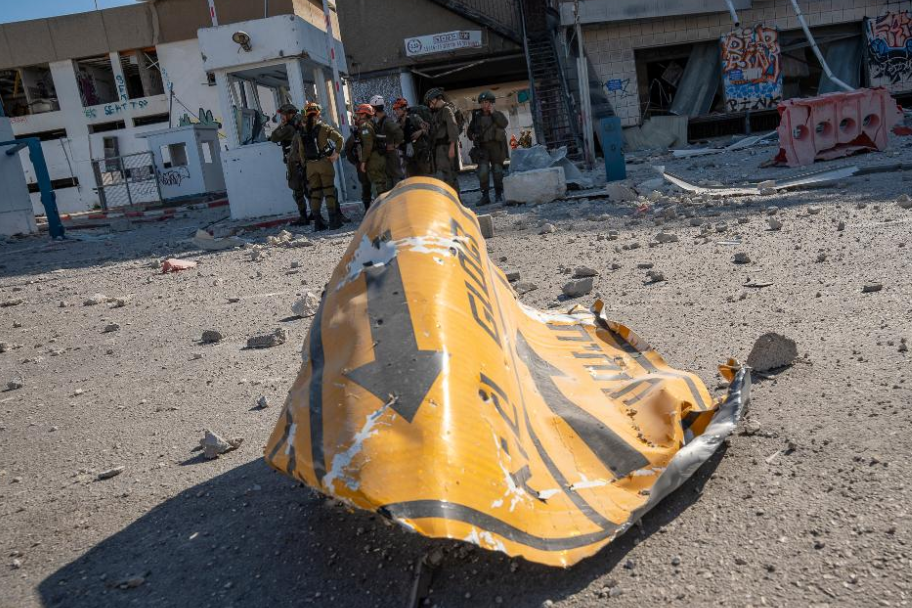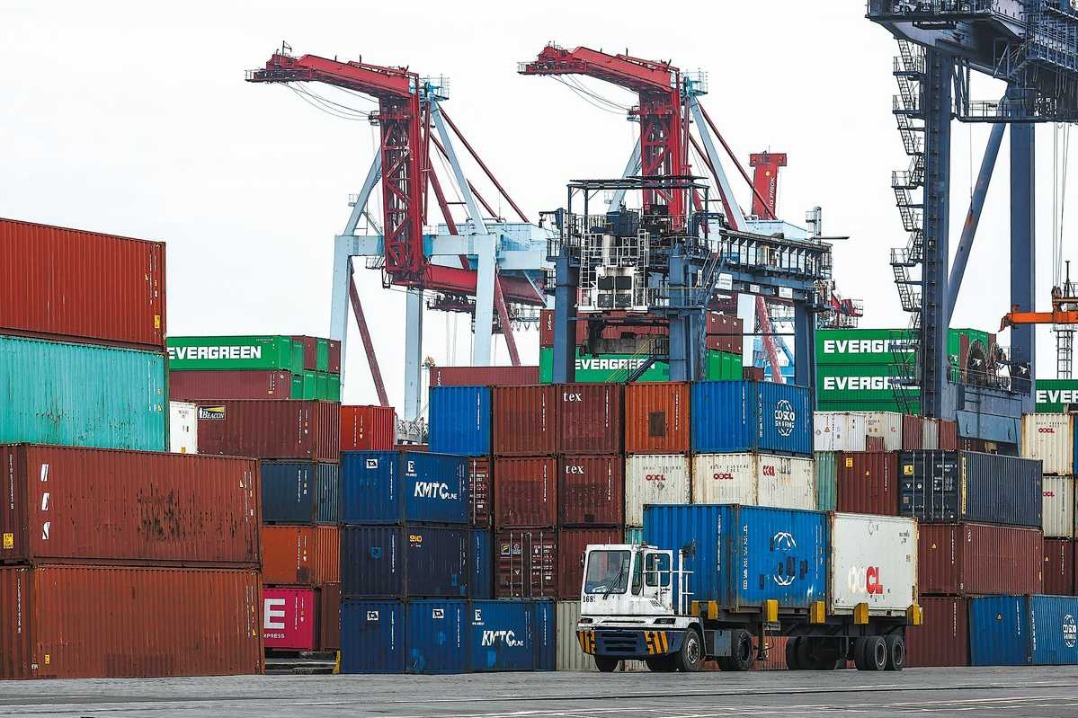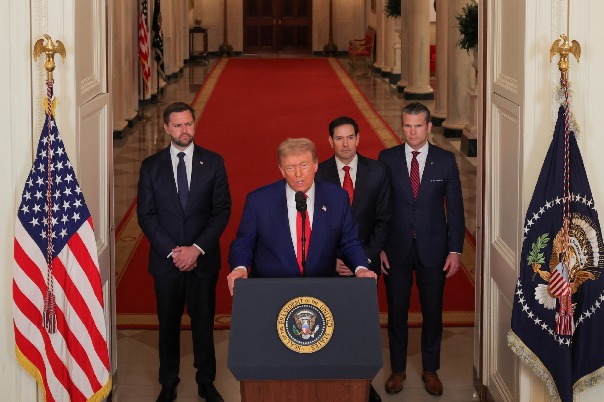Bombing set to dent world economy and stifle growth


The global economy could be badly damaged by the United States' bombing of Iran, experts have said.
As the dust settled on explosions at three of Iran's main nuclear facilities, investors were watching closely for hints about how Teheran will respond.
If the Islamic Republic choses to hit back vigorously, or if it decides to close the Strait of Hormuz seaway, the global economy could be hit almost instantly with fast-rising oil prices and resulting high inflation.
"We'll see how Teheran responds, but the attack likely puts the conflict on an escalatory path," Bloomberg news agency's economics analysts wrote in a report. "For the global economy, an expanding conflict adds to the risk of higher oil prices and an upward impulse to inflation."
The precarious situation in Iran has already prompted the World Bank, the Organization for Economic Cooperation and Development, and the International Monetary Fund to say they will downgrade their global growth forecasts.
And an early indication that investors expect oil prices to rise quickly was evident on Sunday, when a derivative product that allows them to speculate on price swings in crude oil surged 8.8 percent on IG Weekend Markets.
IG strategist Tony Sycamore told Bloomberg he expected WTI crude oil futures to open at around $80 per barrel on Monday. But he said if the Strait of Hormuz, which connects the Persian Gulf to the Arabian Sea, is closed because of the conflict, crude oil prices could rise beyond $130 a barrel. That would likely cause the US Federal Reserve to shelve any thoughts it may be having of cutting interest rates, analysts said.
Iran's Foreign Minister Abbas Araghchi has said his nation will take any action it deems necessary to defend itself but he has not said specifically whether it will close the Strait of Hormuz.
Around one-fifth of the world's oil supply flows through the strait that lies between Iran and neighbors including Saudi Arabia.
Qatar ships around 20 percent of the word's liquefied natural gas through the strait and any disruption would push those prices up very quickly.
Sky News noted that conflict in Iran could also have a huge impact on global shipping, with cargo ships transporting goods and appliances likely to encounter additional costs as a result.
The situation has already led insurance companies to hike premiums on policies covering passage through the region, which will lead to consumers paying higher prices.
Sarah Schiffling, an academic at the Hanken School of Economics in Helsinki, Finland, told Sky News turbulence in the Middle East will force "many ships to go the long way around Africa on routes between Asia and Europe, which adds one to two weeks of travel time and around $1 million in cost per journey".
Investors are likely to respond to the situation by looking for safe places to put their money, with a selloff of equities likely and investment in the dollar and in safe-haven assets expected.
Mark Spindel, chief investment officer at Potomac River Capital, told the Reuters news agency: "I think the markets are going to be initially alarmed, and I think oil will open higher … It's going to raise uncertainty and volatility."
Carole Nakhle, chief executive of Crystol Energy, told the BBC: "The US attacks have pushed the conflict to a new level and many fear it will only make a bad situation worse."
earle@mail.chinadailyuk.com

















